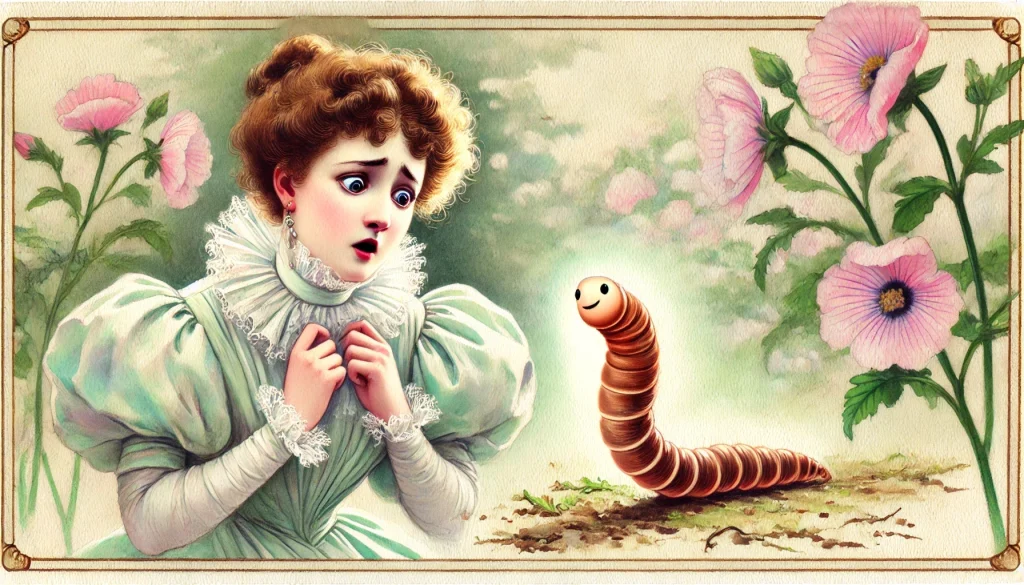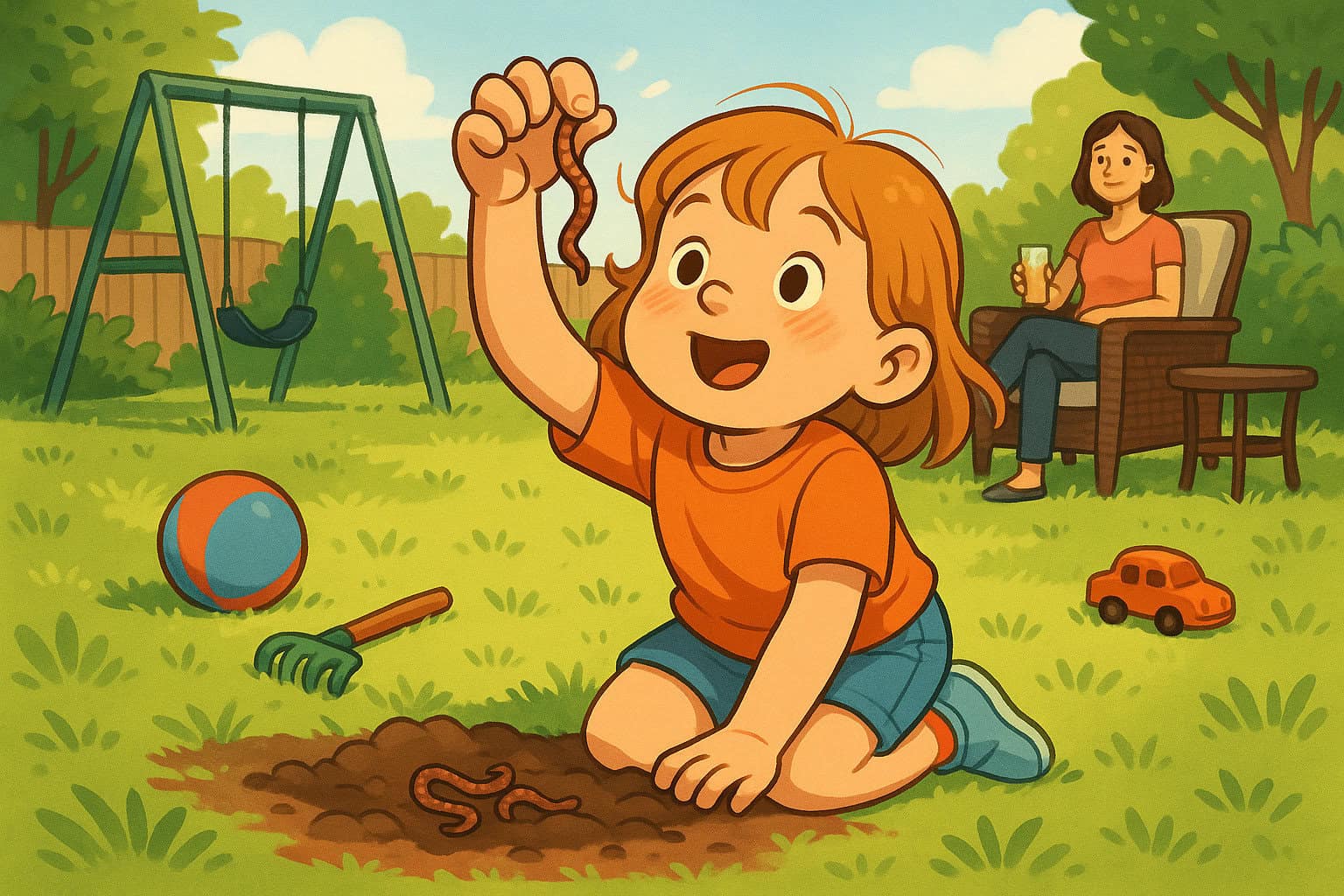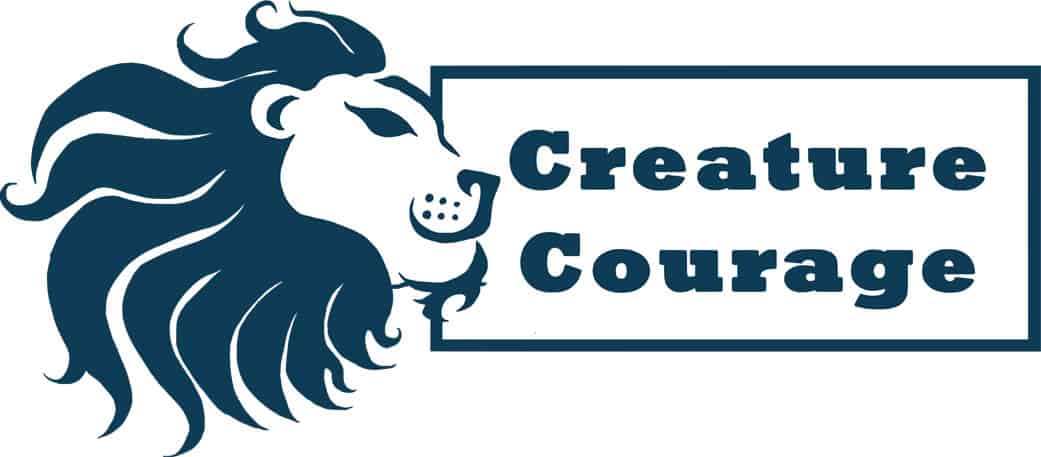Scoleciphobia: Unravelling the Fear of Worms

Are you squirming at the thought of worms? You’re not alone! The fear of worms is more common than you might think. Many people may laugh at the thought of a young child digging into the dirt and pulling out worms, watching in fascination as they twist in their fingers. At least, until they drop them into their mouth, dirt and all. Not quite as amusing. More, pretty gross, right?
It can be hard to find the appeal of worms through their slime and their slow squirm as they inch across the ground. Don’t let that put you off, if you’ve still got the stomach for it then reading on will help you understand that almost every living thing has a reliance on worms for their very existence, and a fear of worms is to fear the very ground we grow from. Hell, Charles Darwin even wrote an entire book about them. Sure, they might not be pretty to look at but when you consider that worms play a crucial role increasing the amount of air and water in the soil, so vital for plant life, you might realise just how interesting a creature a worm really is.
Learn How to Overcome Your Fear in Just One Day
What is Scoleciphobia?
Scoleciphobia is an intense and irrational fear of worms that can lead to significant distress and avoidance behaviour. If you struggle with a phobia of worms, please know, right from the off, that there is plenty of hope (and help).
People with Scoleciphobia, or the fear of worms, may experience extreme anxiety, panic attacks, or discomfort when encountering worms. This isn’t restricted to a real-life encounter in the garden but the phobia can be triggered from pictures, the TV or, even, in their dreams or thoughts.
Common symptoms include:
- Increased heart rate
- Sweating
- Trembling
- Shortness of breath
- Avoidance behaviours
The Roots of a Fear of Worms
Many people develop a fear of worms in childhood. This is the most common time for a phobia to form, as children are more susceptible and more easily frightened than adults. An unpleasant experience with a worm can create a fear trigger, which could be from:
- Finding a worm unexpectedly while playing in the dirt
- Stepping on a worm (worms are usually at their most plentiful after a rainstorm)
- Having a worm thrown at you by another child
Additionally, media portrayals often show worms in a scary way. I’m sure you can bring about a mental image of worms being associated with death and decay in a film or TV show? These constructs can contribute towards the development of Scoleciphobia.
Super Worms: Hip, Hip, Hooray?
Worms might not be quite as super as Julia Donaldson suggests, yet, worms are, indeed, fascinating and crucial creatures. Did you know that:
- Worms play a vital role in increasing soil quality. They don’t like living in poor-quality soil, so if you find worms in your garden you can, at least, be happy that you or your gardener are doing a good job!
- They break down organic matter, creating nutrient-rich soil, and worms eat their own body weight in food every day – I certainly hope you’re not doing that!
- As much food as worms may eat, they are also an important food source for many animals, including birds, badgers, frogs and slugs.
- Worms have no lungs, but instead, breathe through their skin. Yet, even more surprising is that earthworms have 5 hearts and can often regenerate their tails if cut in half. That’s often, not always as many people think.
- Worms can live up to 8 years in ideal conditions
Charles Darwin even said of worms: ‘It may be doubted whether there are many other animals which have played so important a part in the history of the world, as have these lowly organised creatures.’ Sure, peacocks look more impressive, lions make a greater noise and might pay to have a falcon swoop down to land on your wrist but without worms none of these majestic creatures would survive.
Overcoming Your Fear of Worms
Having a phobia of worms can be inconvenient at best. It can stop you enjoying, or even participating in, outdoor activities. It can even get in the way of the stress-relieving practice of gardening – at least, that’s what people tell me about gardening! Some people with severe Scoleciphobia might even avoid going outside when it rains, fearing that they might encounter worms on the pavement – it’s unusual but it certainly happens.
Remove Your Fears with Creature Courage
The good news is that Scoleciphobia, like other animal phobias, can be effectively treated. At Creature Courage, we use a combination of techniques to help you overcome your fear:
- Cognitive-behavioural therapy (CBT): This helps challenge and reframe negative thoughts and associations about worms.
- Exposure therapy: Through a gradual exposure to worms in a controlled environment, it is possible to desensitise you to your fear response. This can be started by looking at pictures or videos, don’t worry, it’s not an audition for I’m A Celebrity Get Me Out Of Here.
- Education: Learning about the role worms play in our world can help reduce your fear.
- Relaxation techniques: These help manage anxiety symptoms during exposure. There are various techniques but meditation is, probably, the most well known.
Creature Courage’s Approach to Scoleciphobia
Our animal phobia treatment is designed to be holistic and effective. We don’t just focus on the symptoms of your fear; we address the root cause. Our approach includes:
- One-day workshops with tailored one-to-one support
- A variety of proven techniques beyond just hypnotherapy
- Immersive therapy for lasting results
- Treatment for general anxiety to ensure long-term success
Most of our clients only require one session to dramatically change their reactions to their fear trigger. Whether it’s worms or other creatures, we’re here to help you overcome your fear.

Embracing a Worm-Friendly World
Overcoming Scoleciphobia can open up a new world of experiences. Yes, through overcoming your fear of worms, imagine being able to:
- Enjoy gardening without fear
- Walk in the rain without anxiety
- Appreciate the ecological role of worms
- Teach others about the importance of worms in our ecosystem
Take Action: Conquer Your Worm Fear Today
Don’t let Scoleciphobia limit your life any longer. At Creature Courage, we’re committed to helping you overcome your fear of worms and other animals. Our Spider Courage Experience has helped many people overcome their fear of spiders, and we apply similar techniques to treat Scoleciphobia.
We also offer dog phobia therapy, cat phobia treatment, and snake phobia therapy among our services. Whatever your animal fear, we’re here to help.
Remember, you’re not alone in this journey. Many people have successfully overcome their fear of worms, and you are no different. Take the same first step that all our previous clients have taken towards a worm-friendly life by booking a session with Creature Courage today.
Scoleciphobia doesn’t have to control your life. With our support and techniques, you can learn to appreciate the fascinating world of worms. Let Creature Courage guide you on your journey to overcoming Scoleciphobia and embrace a world of worms…or just start with a handful?
Contact Creature Courage Today
FAQs About Scoleciphobia
What causes Scoleciphobia?
Scoleciphobia can stem from various factors, including a traumatic experience in childhood, cultural influences, and a general predisposition to anxiety. As we discussed, many people develop a fear of worms after an unpleasant encounter or being teased about them during childhood.
How can I tell if I have Scoleciphobia?
If you experience intense anxiety, panic attacks, or a strong urge to avoid situations where worms might be present, you’re probably suffering some form of Scoleciphobia. Common symptoms include rapid heartbeat, sweating, trembling, and intrusive thoughts about worms. If these symptoms significantly impact your life, a good first step would be to seek help from a mental health professional.
Is Scoleciphobia common?
Yes, you might not think it but Scoleciphobia is a fairly common phobia, particularly among children. That said, many adults experience this fear, which can easily persist into later life, like any other fear.
It’s important to note that fears of worms can vary in intensity, and while some individuals may only feel discomfort, others may experience debilitating anxiety.
Can Scoleciphobia be treated?
Absolutely! Scoleciphobia can be effectively treated through various therapeutic approaches, particularly cognitive-behavioural therapy (CBT). Our exposure therapy, a component of CBT, gradually introduces individuals to their fear in a controlled and comfortable setting.
What are some coping strategies for managing Scoleciphobia?
Coping strategies may include deep breathing exercises, mindfulness techniques, and gradual exposure to images or videos of worms. Further, talking about worms with supportive friends or family can also help normalise your feelings and reduce anxiety.
Are there any myths about Scoleciphobia?
Yes, several myths surround Scoleciphobia. One common myth is that it only affects children; however, adults also experience this phobia. Also, another misconception is that all worms are harmful, but in reality, many worms play essential roles in our ecosystem and are harmless to humans.
